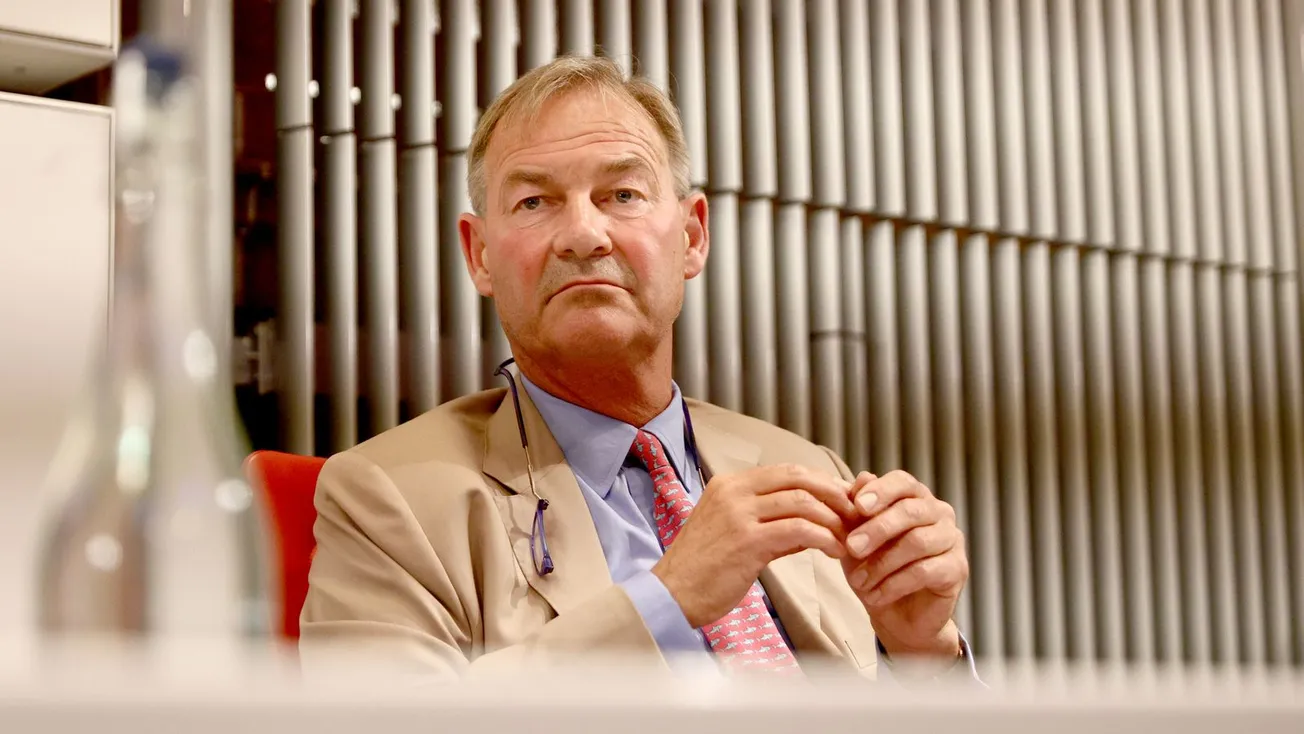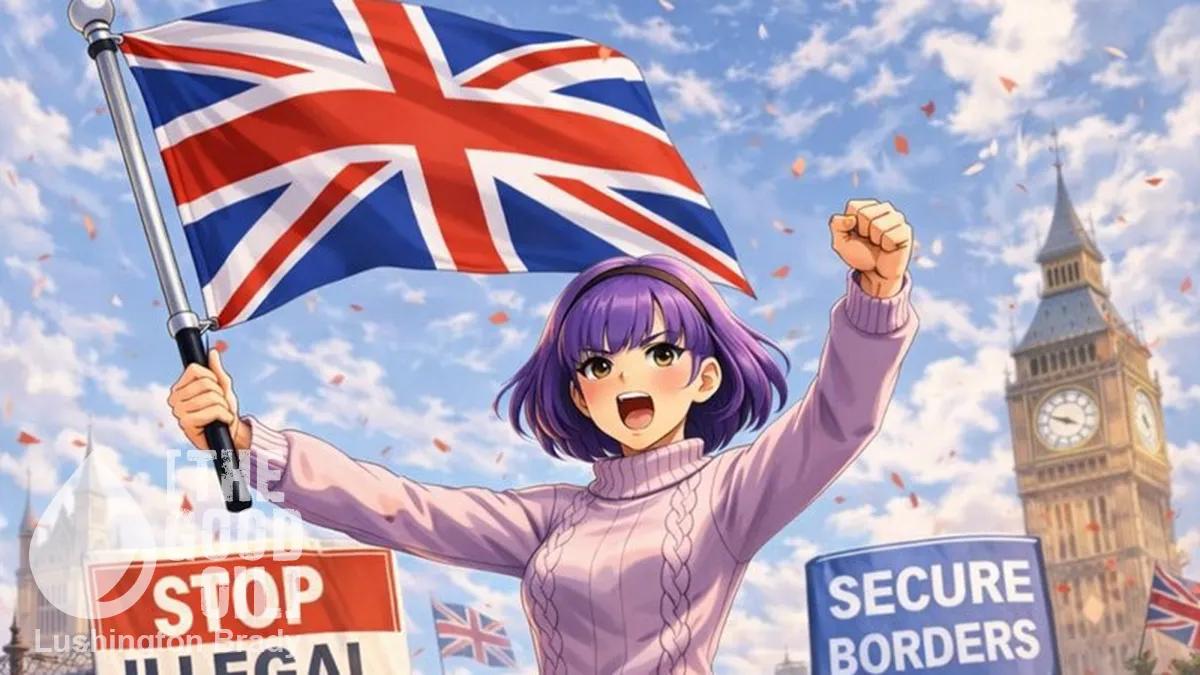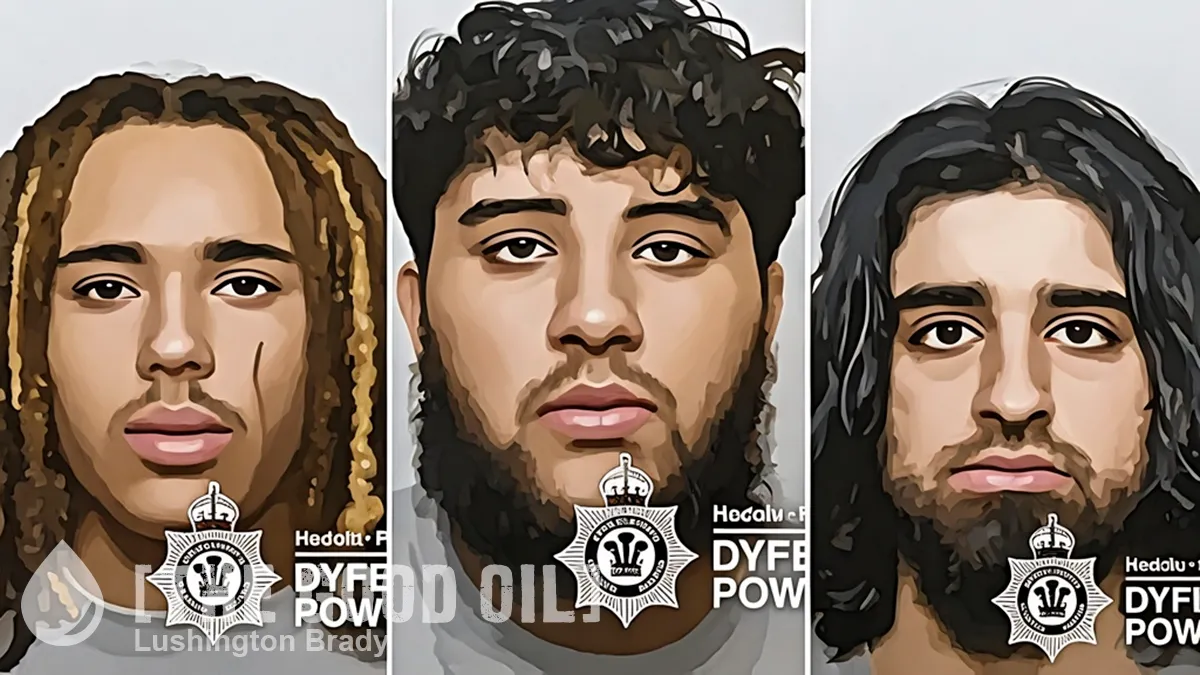Table of Contents
Simon O’Connor
Husband, step-father, and longtime student of philosophy and history. Also happen to be a former politician, including chairing New Zealand's Foreign Affairs, Defense, and Trade Committee.
There is a saying, attributed to a few people including Winston Churchill, about never letting a good crisis go to waste.
In recent weeks, there have been clear challenges to a cohesive society both in New Zealand and overseas in countries such as the United Kingdom. In each instance, instead of authorities and influencers seeking dialogue, debate, or a desire to understand underlying motivations – these same people have instead sought to stifle discussion, suppress dissent, and seek to limit fundamental rights such as freedom of speech.
We might be geographically worlds apart, but the issues and dynamics in play are the same.
The best and most striking example comes from the reaction of Sir Keir Starmer’s new Labour government in the United Kingdom. Recently, as you will know, there were days of frequent violent and disturbing riots. Rightly, these were stopped and consequences enacted against perpetrators of violence, looting, attacks on police and so on.
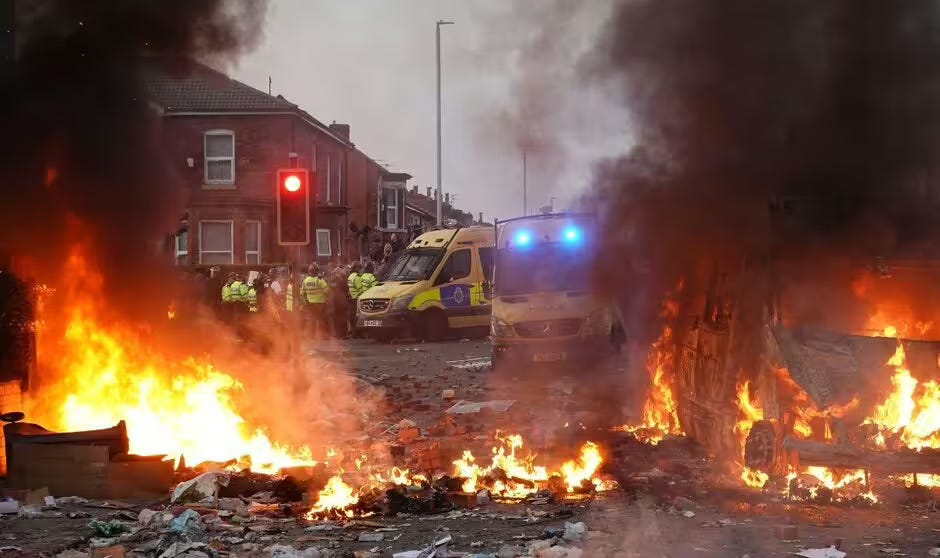
However, what has also been striking is how UK governments have both reacted to this set of protests as opposed to others; have sought to exclusively control the narrative; and are seeking to use this crisis to pursue hate-speech initiatives (that is, undermine free speech).
A COURSE IN CONTRASTS
The reaction to recent events is a far cry from how other riots have been handled. This has led to suggestions by some of a ‘two-tier policing’ in the UK and it is not hard to see why. As I say, the recent ‘anti-immigration’ protests which quickly turned into riots were terrible. Yet, just a few weeks before there were serious riots and disorder in the city of Leeds – police were attacked, cars and buses burnt, shops looted, and general disorder. There are the near weekly ‘mostly peaceful’ pro-Hamas protests, with police rarely engaging when people are threatened; businesses targeted; public monuments defaced and so on.
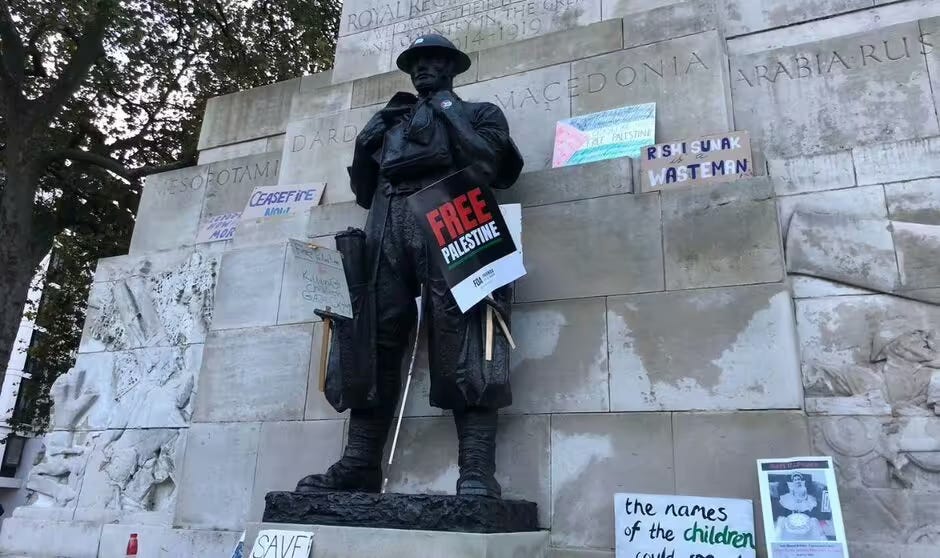
For the very recent riots, the UK government, police commanders, and mainstream media were very quick to label all those involved as far right, racists, and so on. There were calls for hardline policing, longer court sessions to hold everyone to account, and a name and shame campaign for anyone involved. These rioters were to be viewed as representative of all, and any, who have questioning views on immigration or the efficacy of current multiculturalism policies.
In contrast, the riots in Leeds and other examples I noted were met with a very different approach. In fact, relative silence. No condemnation of the migrant groups rioting in Leeds; no calls for police to robustly deal with pro-Hamas protestors; no clear statements from political leaders and media as to who was involved even though it is abundantly clear. In this case, those involved were just ‘individuals’ and in no way representative of the groups they are part of.
In highlighting this, the point is not to delve deeply into, or ignore, the complexities in play. There are many. However, what does appear clear is that the government’s response to riots varies according to what group, religious, or political persuasion are involved.
A SINGLE SOURCE OF TRUTH
The UK government and many in media also showed a worrying trend towards dominating the narrative and stifling anything contrary that challenged this. In earlier riots and disorder, the response was to say little or nothing. For example, the likes of the BBC had limited coverage of what was happening in Leeds, whereas events in the likes of Southport had continuous ‘live’ feeds. Footage of football hooligans and nationalists attacking police and people was rightly widely shared; but when footage arose of Islamist groups attacking people on the street or outside pubs as a response, this was quickly removed. The latter didn’t fit the narrative that the government wanted. This is of course classic identity politics. There has to be only one victim and one oppressor.
The control of narrative also meant there was no room for discussion as to why all, or any, of this happened. Whether Leeds or Southport, there are clearly tensions and worries within the various communities. These reasons do not justify violence, but it does require discussion and seeking to understand motivations. Instead, the overall response has been to conflate the reasons with the riots, with both being equally bad and intolerable. I would suggest, you can discuss the reasons and decry the riots.
SILENCING SOCIAL MEDIA
As this Substack opened, “never let a good crisis go to waste” – the UK government sees an opportunity to further regulate people’s thought, speech, and social media use. I stress further for already we have people charged for silently praying on streets, and a chaplain reported to the UK’s anti-terrorism organisation for preaching tolerance (rather than only accepting gender-theory), and the list goes on. While many are rightfully being arrested for violence, others are now before the courts for saying ‘the wrong things’.
The likes of Elon Musk and X are being called out for having views that are ‘not right’ and talk has increased of how to limit social media platforms. As I noted earlier, the recent riots were to be presented and curated in a near singular way, and the ability of citizens to film and share content to social media is to be prevented.
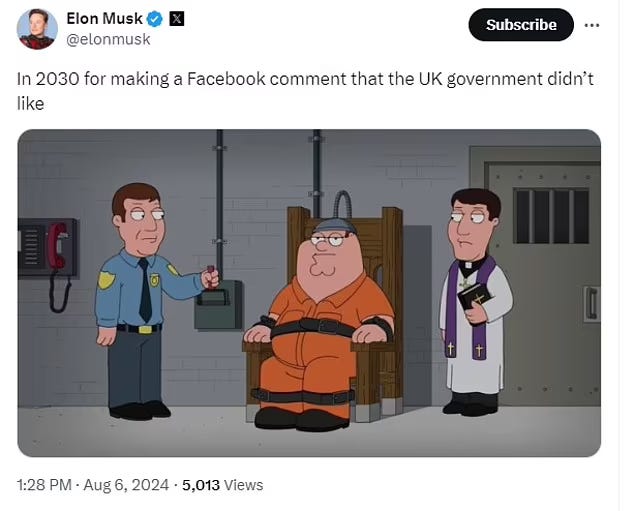
Social media is, by its nature, disruptive. This does not suit those in power or those who talk about things like diversity, equity, and inclusion (DEI) but only mean those things they agree with. Alternative views and narratives are to be silenced and social media – which enables a wide range of views – must be controlled. Expect therefore to see a renewed and vigorous push in the United Kingdom (and elsewhere) to regulate social media, to introduce further forms of ‘hate speech’ laws, and education campaigns.
Already we have the UK Director of Public Prosecutions, Stephen Parkinson, talking about extraditing people from overseas who write the ‘wrong thing’ online; discussion of how to have teachers instructing students around ‘fake news’; and in the EU, one of its commissioners (Thierry Breton) thought it appropriate to write to Elon Musk warning him that merely interviewing Donald Trump could be an “amplification of harmful content” and come with serious legal consequences.
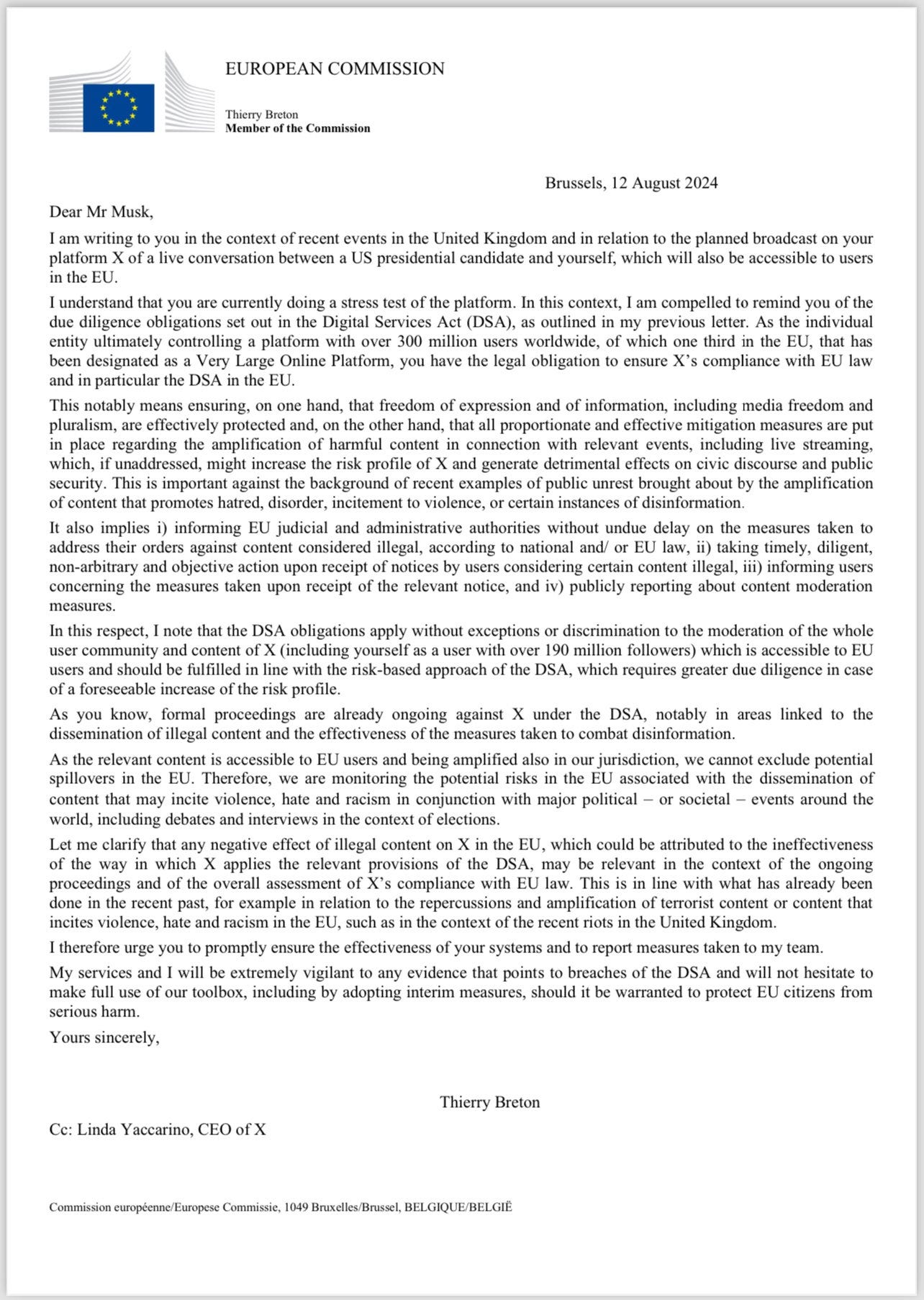
We live in a mad world – one where billions of people with a rich and diverse array of views and perspectives (and yes, some which are barking mad) are to be corralled into an ever-decreasing set of approved ‘woke’ narratives.
PART TWO WILL BE OUT IN THE COMING DAYS…
This article was originally published on the author’s Substack.


